Continuous Monitoring and Optimization in Procurement: The Role of AI
Understanding Continuous Monitoring and Optimization in Procurement
In today's rapidly evolving business environment, procurement departments are under increasing pressure to deliver more value while reducing costs. Continuous monitoring and optimization have emerged as essential practices in achieving these goals. By consistently analyzing procurement activities and making data-driven adjustments, organizations can optimize their purchasing strategies and improve overall efficiency.
Continuous monitoring involves the real-time tracking of procurement activities, from supplier performance to contract compliance. This approach allows organizations to identify potential issues early and make informed decisions that enhance operational efficiency. Optimization, on the other hand, refers to the ongoing process of refining procurement strategies to achieve the best possible outcomes.

The Role of Artificial Intelligence in Procurement
Artificial Intelligence (AI) is revolutionizing the way businesses approach procurement. By leveraging AI technologies, organizations can automate routine tasks, gain deeper insights from data, and make more strategic decisions. AI can analyze vast amounts of data quickly and accurately, identifying patterns and trends that may not be visible to human analysts.
One of the key benefits of integrating AI into procurement is its ability to enhance decision-making. AI-driven tools can provide actionable insights that help procurement teams select the best suppliers, negotiate better terms, and manage risks more effectively. This not only improves cost savings but also strengthens supplier relationships and ensures compliance.

Benefits of Implementing AI in Procurement Monitoring
The implementation of AI in continuous monitoring offers several advantages. First, it improves accuracy in data analysis by reducing human error. Second, AI can process large volumes of data at a speed far surpassing human capabilities, allowing for quicker responses to any discrepancies or opportunities identified.
Moreover, AI enables predictive analytics, which can forecast future trends based on historical data. This capability helps procurement professionals anticipate market changes and adjust strategies accordingly, leading to better budget management and cost control.
Streamlining Procurement Processes with AI
AI technologies streamline procurement processes by automating repetitive tasks such as order processing, invoice management, and compliance checks. By automating these activities, procurement teams can focus on more strategic initiatives that drive business growth.

Additionally, AI can enhance supplier relationship management by providing insights into supplier performance and reliability. This allows businesses to identify the most reliable partners and foster stronger relationships that benefit both parties in the long run.
Challenges and Considerations
While the benefits of AI in procurement are substantial, there are challenges to consider. Implementation requires significant investment in terms of time and resources. Organizations must ensure they have the necessary infrastructure and expertise to support AI technologies.
Data privacy and security are also major concerns. With AI systems handling sensitive information, it's crucial to have robust security measures in place to protect data integrity and confidentiality.

Future Prospects
As technology continues to evolve, the role of AI in procurement will only become more prominent. Future advancements are likely to further enhance the capabilities of AI solutions, making them even more integral to procurement strategies.
Organizations that embrace these innovations will be well-positioned to capitalize on new opportunities and maintain a competitive edge in the marketplace. By continually monitoring and optimizing procurement processes with the aid of AI, businesses can achieve greater efficiency, cost savings, and strategic value.
